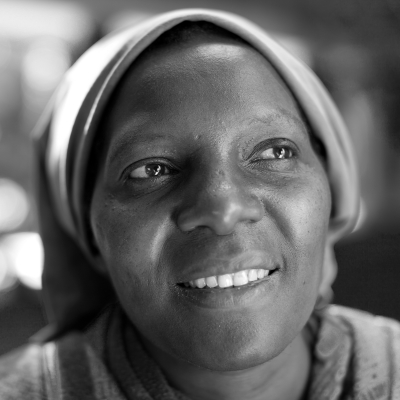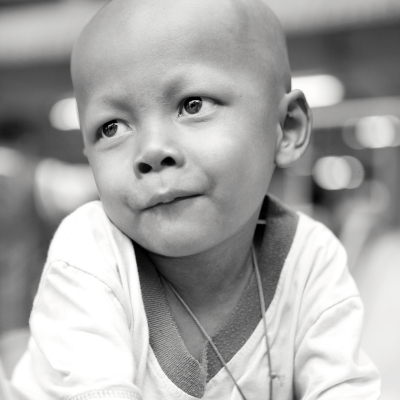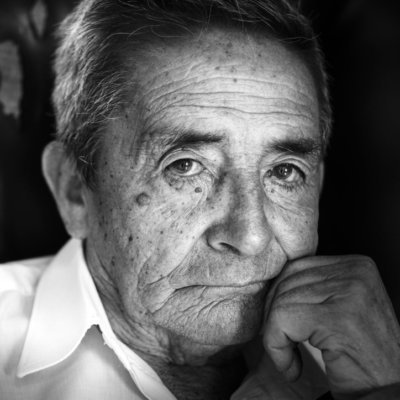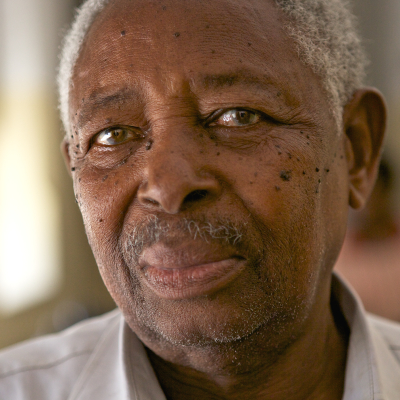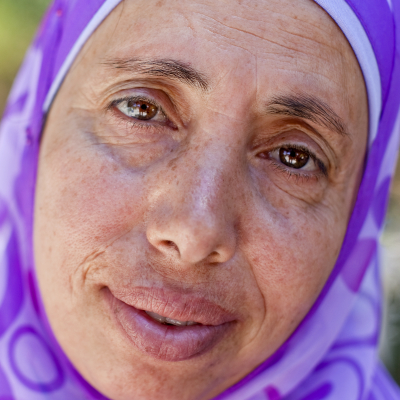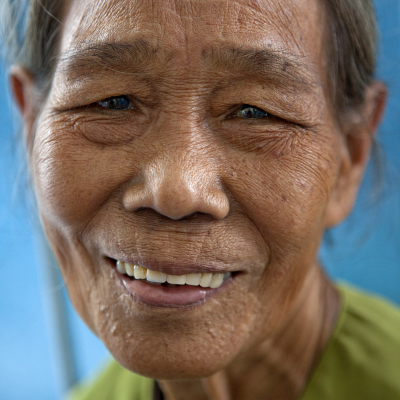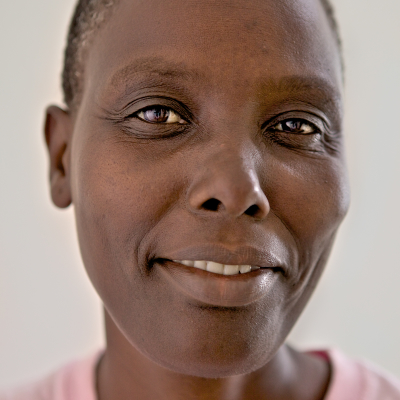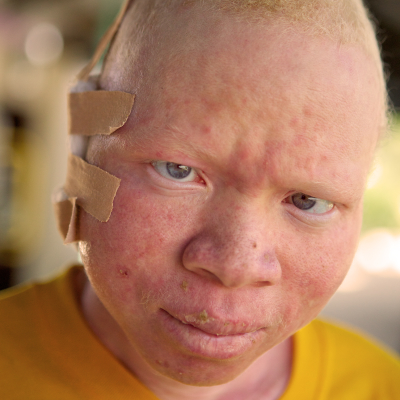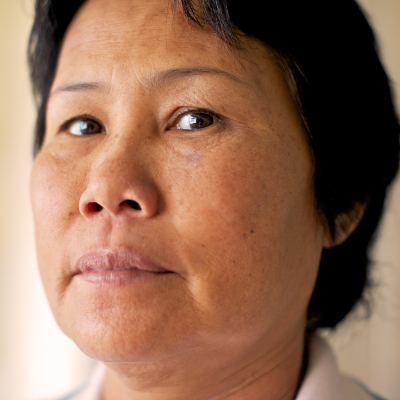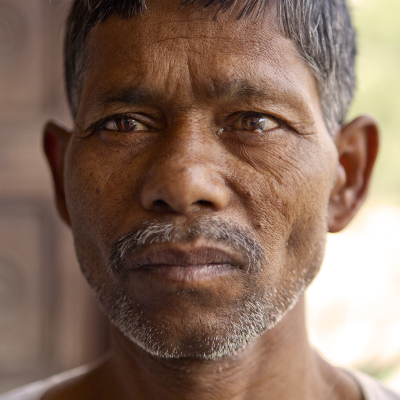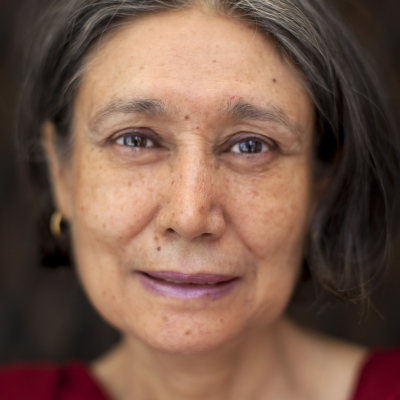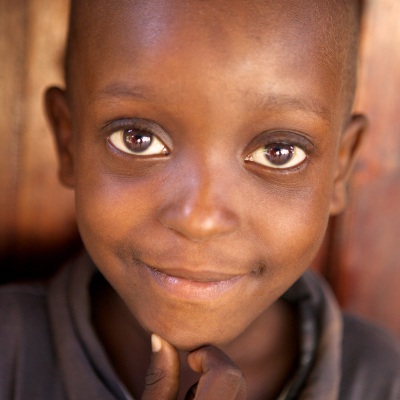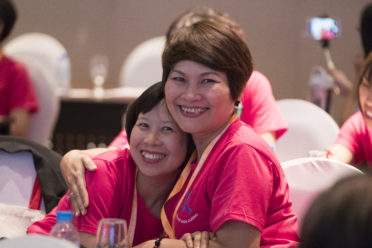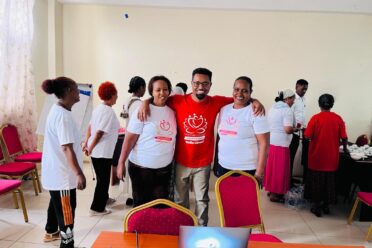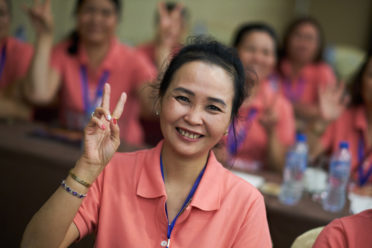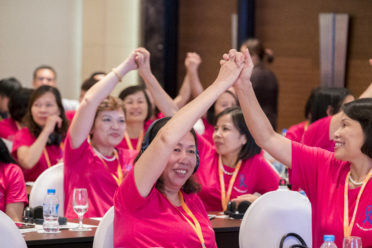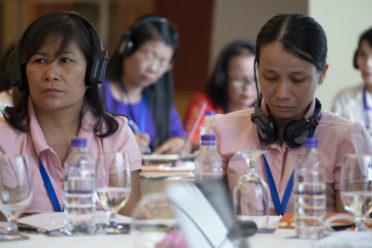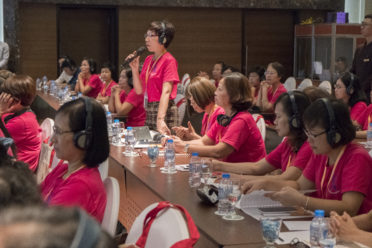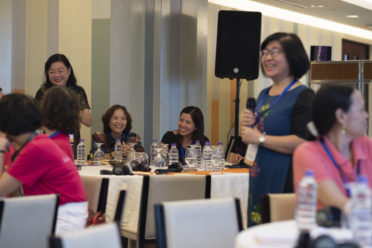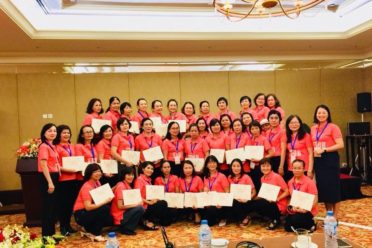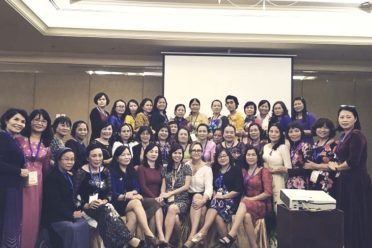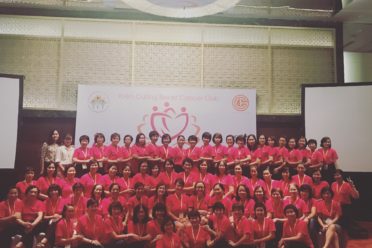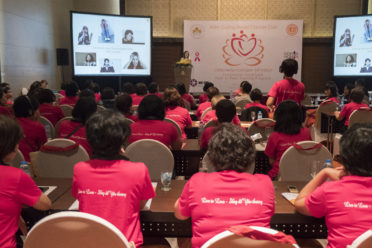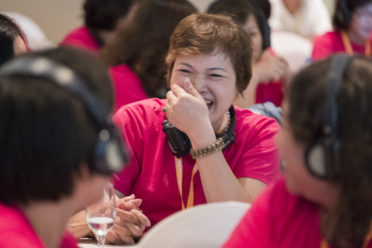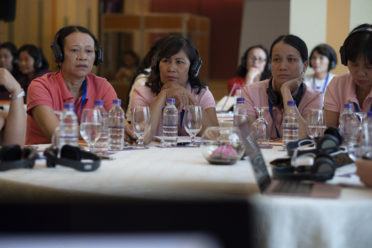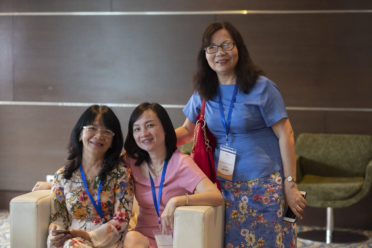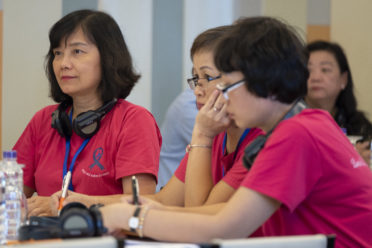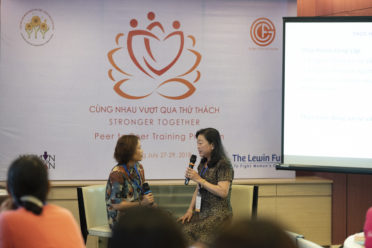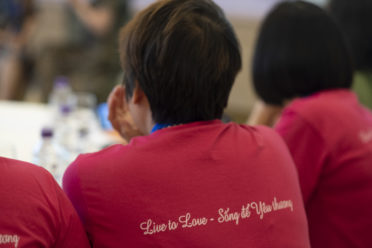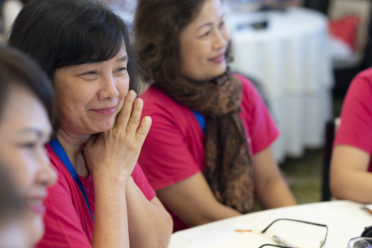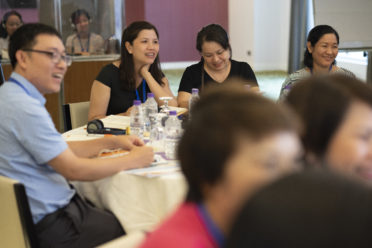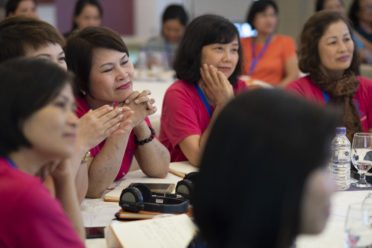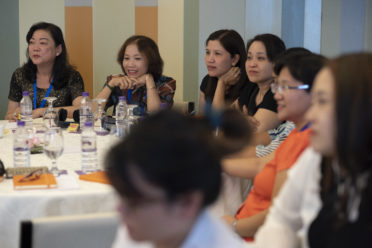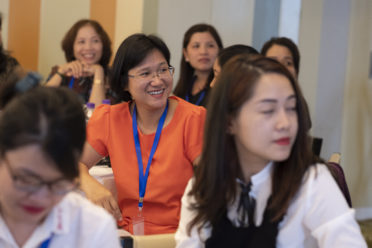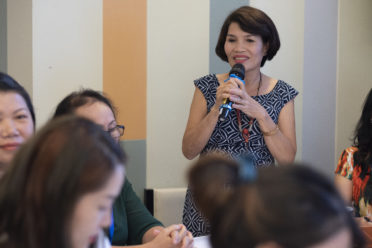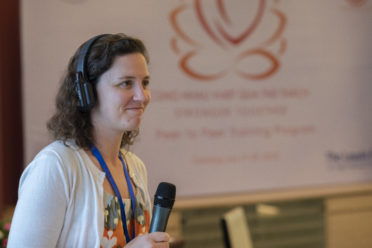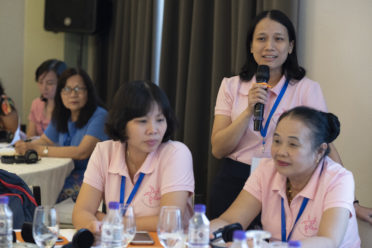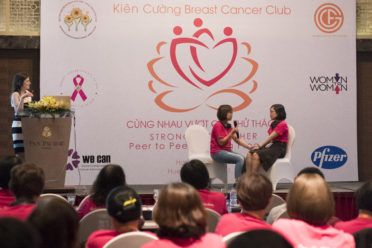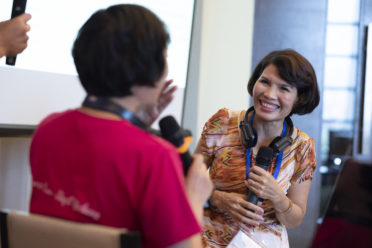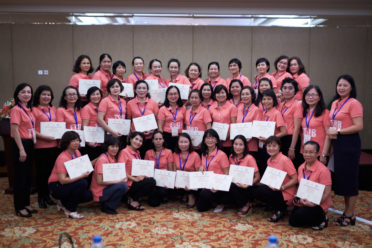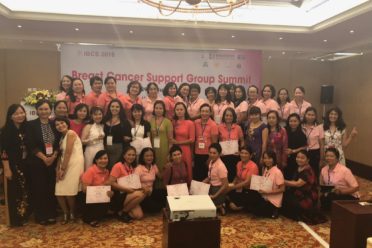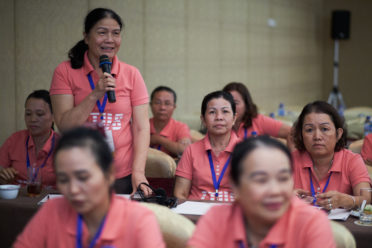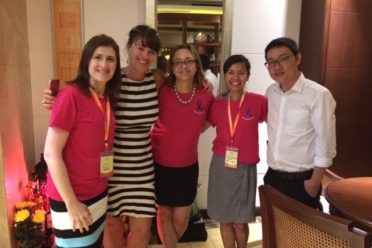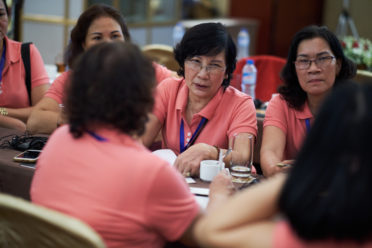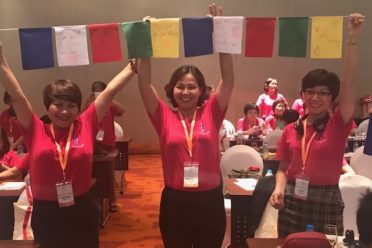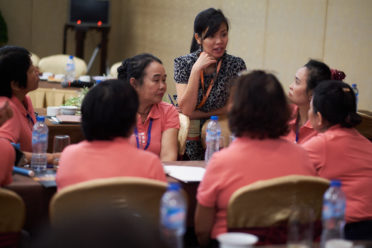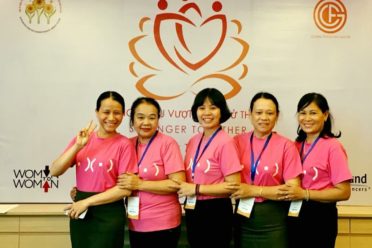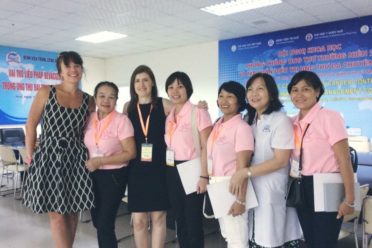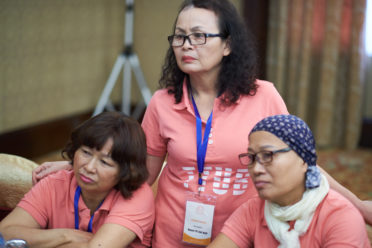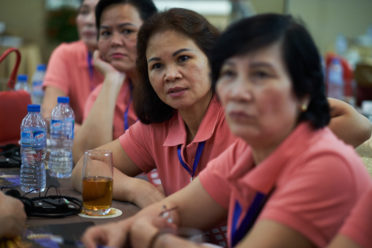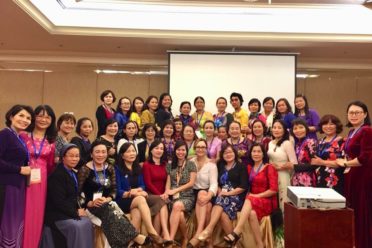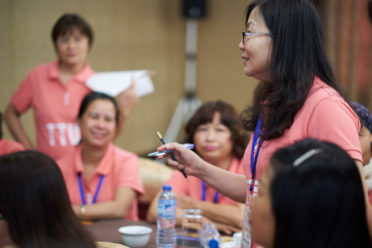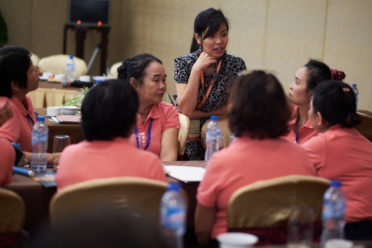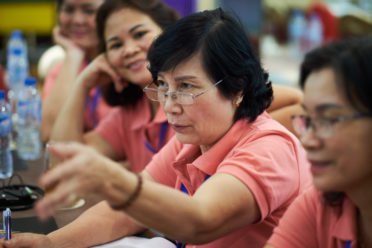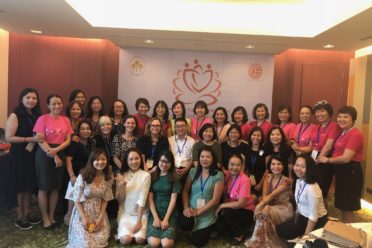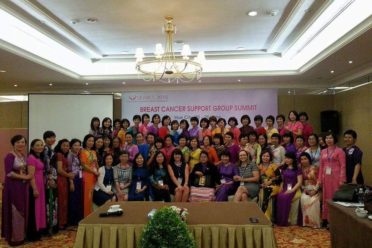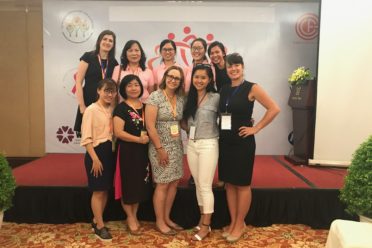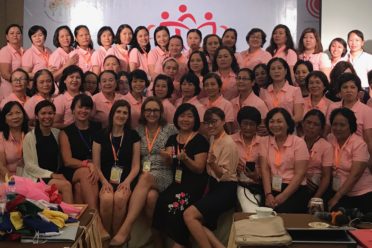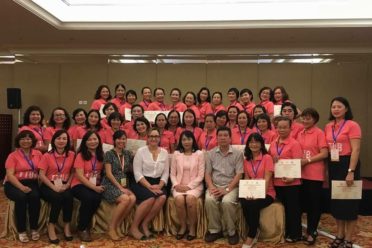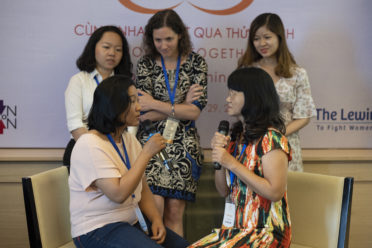Stronger Together – Peer Support
Stronger Together
An evidence-based, peer-to-peer support program that uses trained, supervised cancer survivor-volunteers to help fill gaps in professional support services. Through structured mentorship, these trained volunteers assist cancer patients and their families in navigating treatment, managing distress, and accessing emotional and practical support.
OBJECTIVES:
‣Provide clear, accurate cancer information to individuals with cancer and care partners
‣Reduce emotional distress and feelings of isolation
‣Support treatment adherence and follow-up care
‣Offer empathetic guidance through complex health systems
‣Build connection, trust, and a sense of community among participants
OUTCOMES:
‣Measurable reduction in anxiety, distress and depression
‣Greater confidence navigating treatment and care
‣Reduced burden on clinical teams through community-based support
‣Increased sense of purpose and leadership among peer mentors
IMPACT:
‣300+ peer mentors trained across four hospitals in Vietnam
‣Implemented in Hue Central Hospital, Hanoi Oncology Hospital (K3), Hung Vuong Hospital, and Can Tho Oncology Hospital
‣NCI-funded evaluation (2020–2023) demonstrated strong psychosocial outcomes and has been accepted for publication in JCO Global Oncology
GLOBAL EXPANSION:
Building on this success, Stronger Together is now being implemented and adapted in multiple countries, ensuring its reach and impact continue to grow:
‣Rwanda: Toolkit piloted in three breast cancer care sites
‣USA (Rye, NY): Pilot in partnership with Soul Ryeders
‣Australia: Culturally adapted resource for Chinese and Vietnamese immigrant communities with Western Sydney University
‣Ethiopia: Local adaptation and implementation in regional facilities
‣Malaysia & Thailand: Ongoing program development with national partners
These global efforts reinforce our commitment to people-centered cancer care, ensuring that lived experience is not just acknowledged, but actively shapes cancer support systems worldwide.
PROGRAM COMPONENTS:
Toolkit: A culturally adaptable, evidence-based resource that includes mentor training, supervision structures, matching guidance, and templates for integration into health settings.
Advocacy, Policy & Health System Module: Supports peer programs to contribute meaningfully to cancer system improvements and national policy efforts.
Global Implementation Hub: A central platform for training, knowledge-sharing, and technical assistance to support global adaptation and learning.
WHY IT MATTERS:
Stronger Together centers the lived experience of cancer to improve care quality and psychosocial well-being. Peer mentors bring emotional insight, practical support, and culturally grounded connection that clinical care alone cannot provide. By embedding peer support into cancer services, Stronger Together helps build responsive, compassionate systems where no one feels alone or unsupported.

